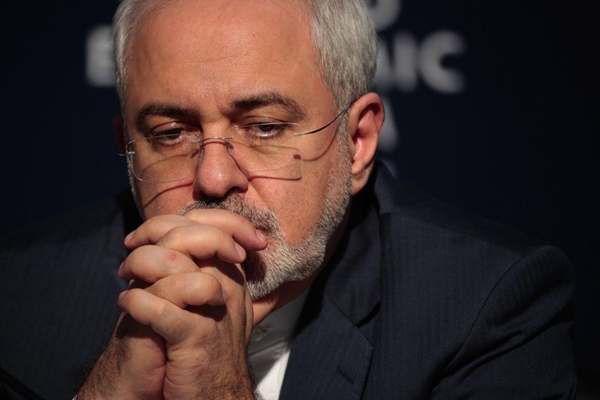Zarif’s failure in turning the 2015 nuclear deal into a success over the United States’ withdrawal from the Joint Comprehensive Plan of Action (JCPOA) alongside the hesitation of Europe in maintaining the nuclear accord made the position of Iranian senior diplomat among his Iranian critics so weak that he could not push for the country’s accession to the Financial Action Task Force (FATF) anymore.
Zarif, as the architect of the nuclear deal, could not add new stories (including the FATF) to the ruined building of an accord that was the result of hundreds of hours of bargaining with world powers.
He first lost the game to the US and European hardliners and their regional allies before resigning and giving in to domestic pressure by his Iranian opponents who were against his policy of tolerance and normalisation of Iran-West ties.
Maybe one day, the US and European elites would regret the good days of JCPOA, and that day is not too far away.
Zarif’s resignation, a man of negotiation and diplomacy, is an alarm for the future of the region and the world. It indicates that a diplomacy based on mutual respect and multilateralism is not effective anymore; a diplomacy that is the most effective solution to the problems which are trans-regional now.
Boats loaded with migrants and displaced people that are heading to safe countries are results of years of war in Afghanistan, Iraq, Syria, Yemen, and Libya.
The fact that they take the risk and put their lives in danger has a clear message: They have found no safer haven than the place where the Central Commands are located. Fleeing the war, they want to live a peaceful life with those who disrupted their own countries’ peace.
Undoubtedly, with the failure of diplomacy, politicians and diplomats in negotiating rooms will be replaced by military generals in Central Commands.
The P5+1’s agreement with Iran would not be observed unilaterally forever and this means that we should say goodbye to diplomacy. The era of diplomacy instead of war would soon come to an end if we look for the main reason behind FM Zarif’s resignation inside Iran.
